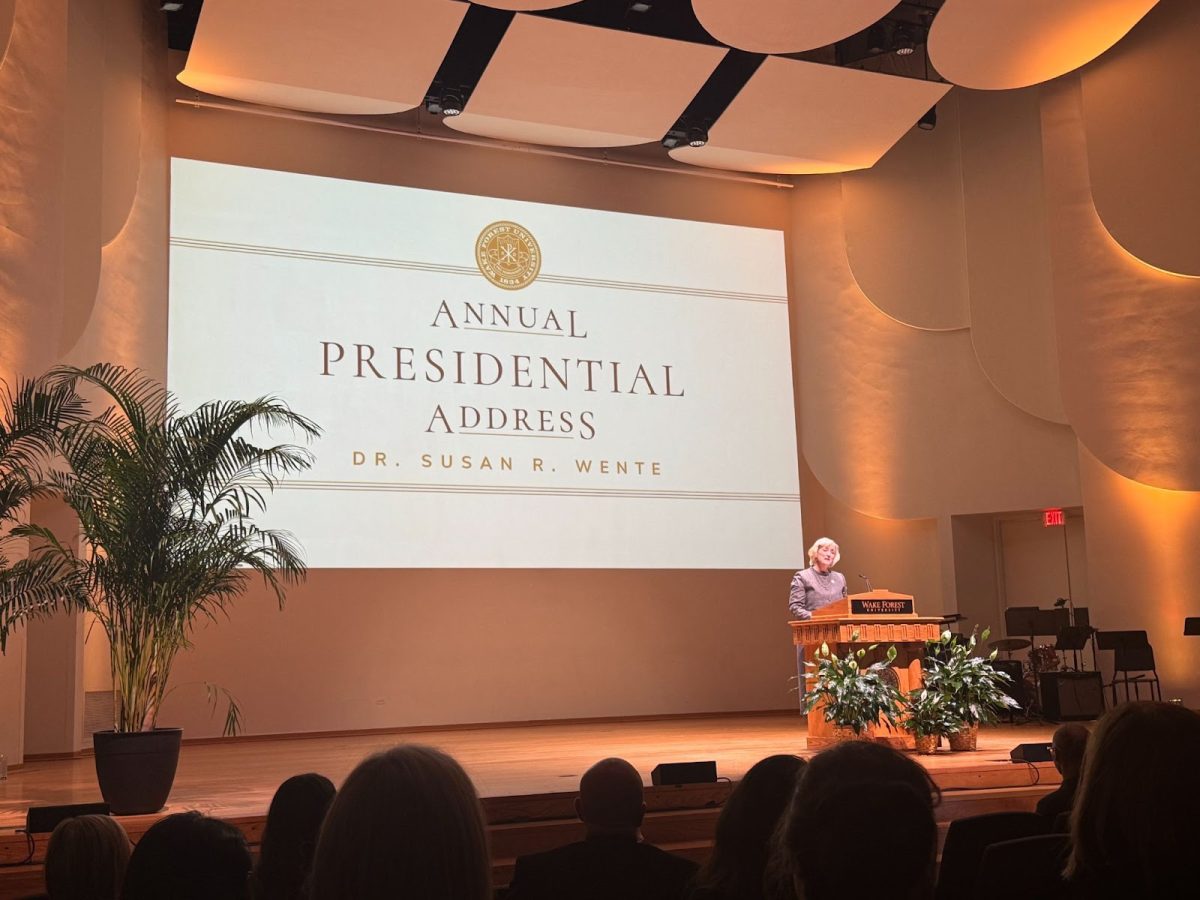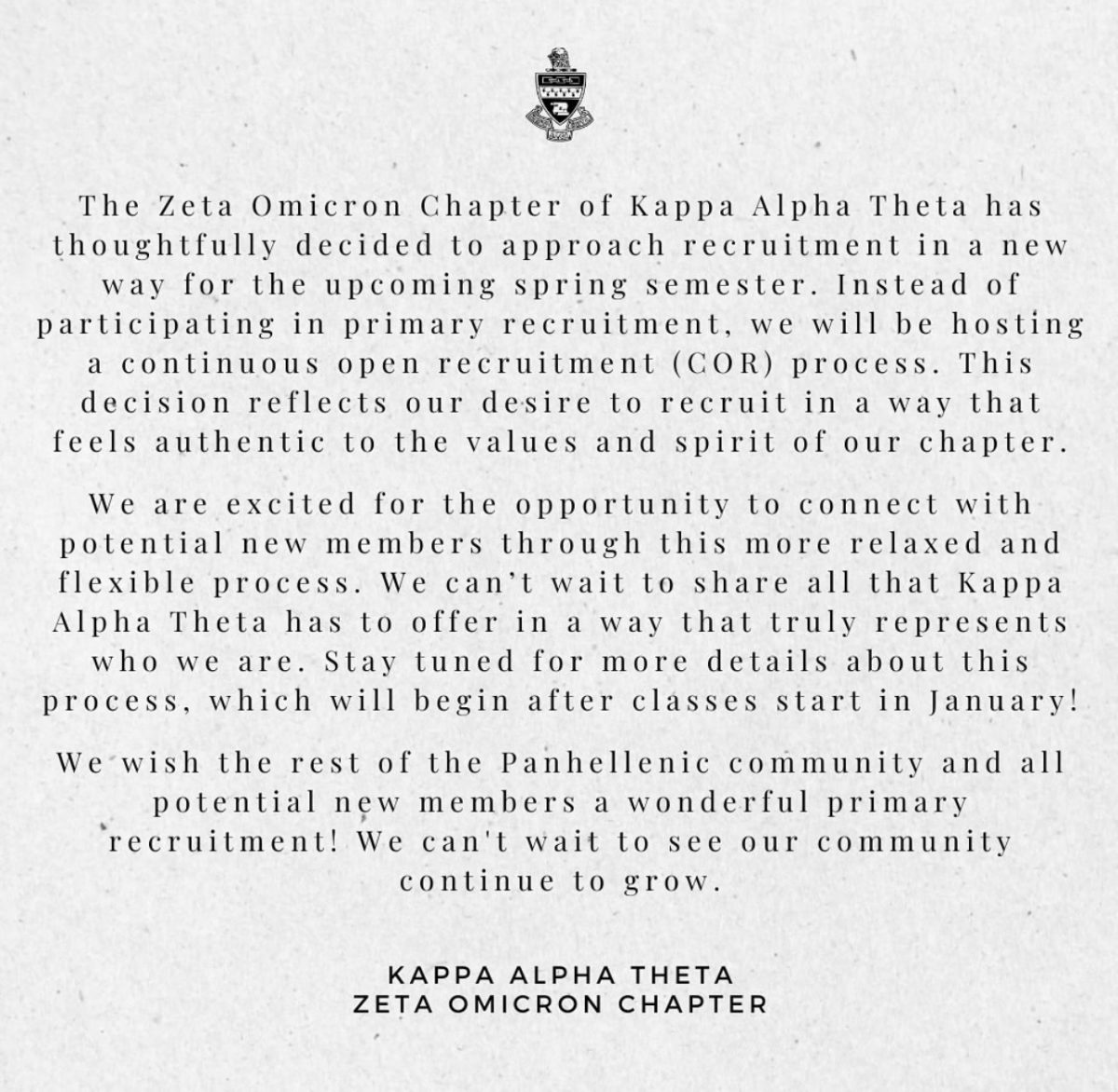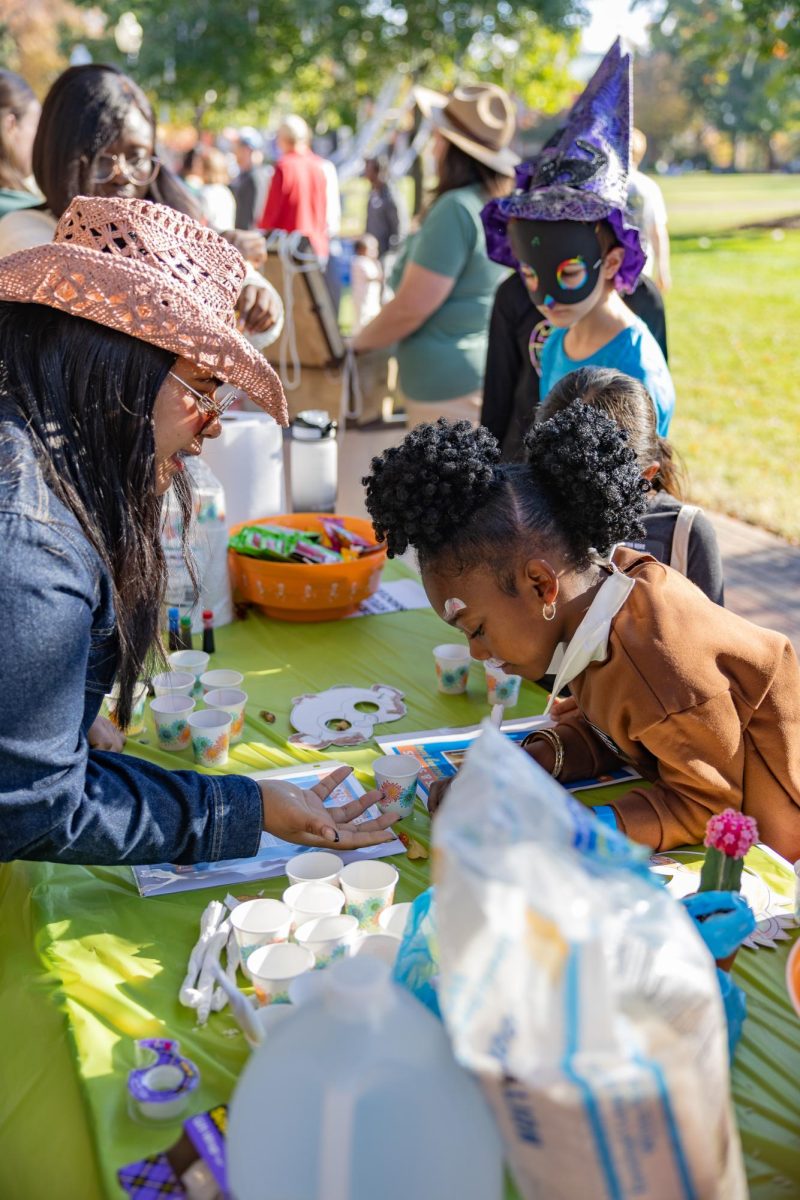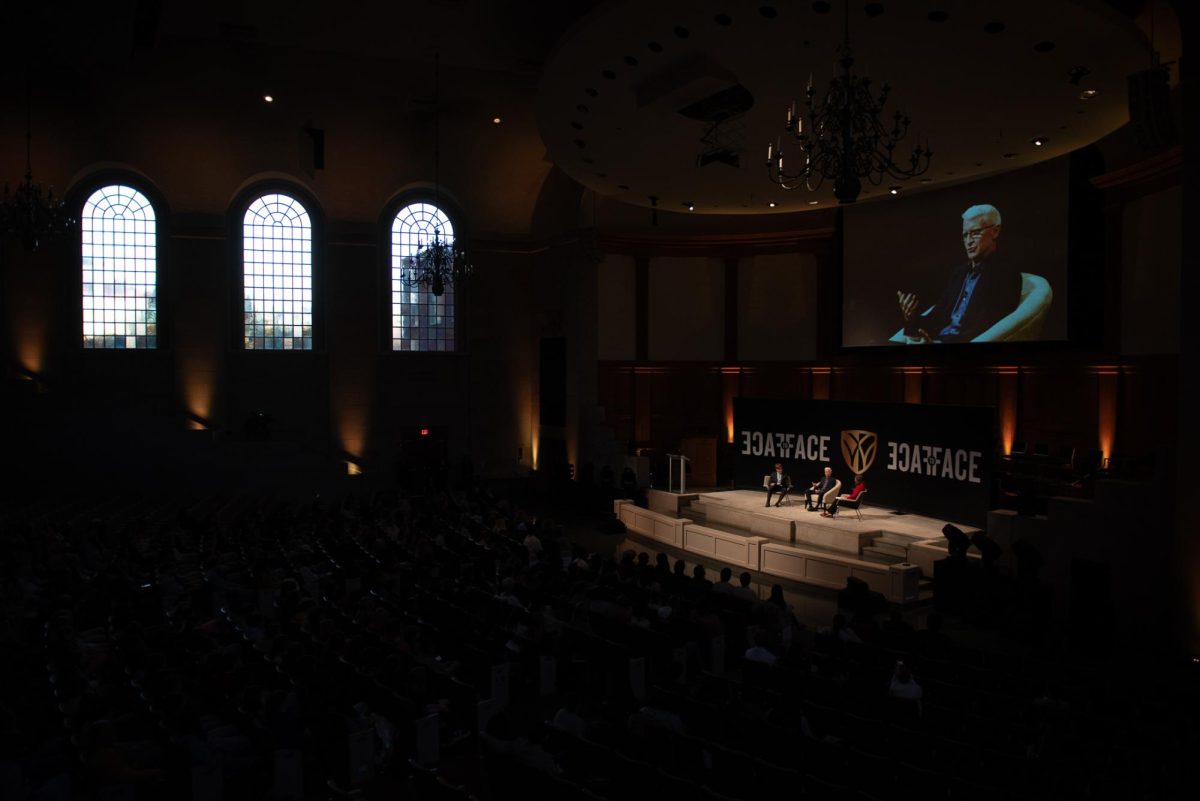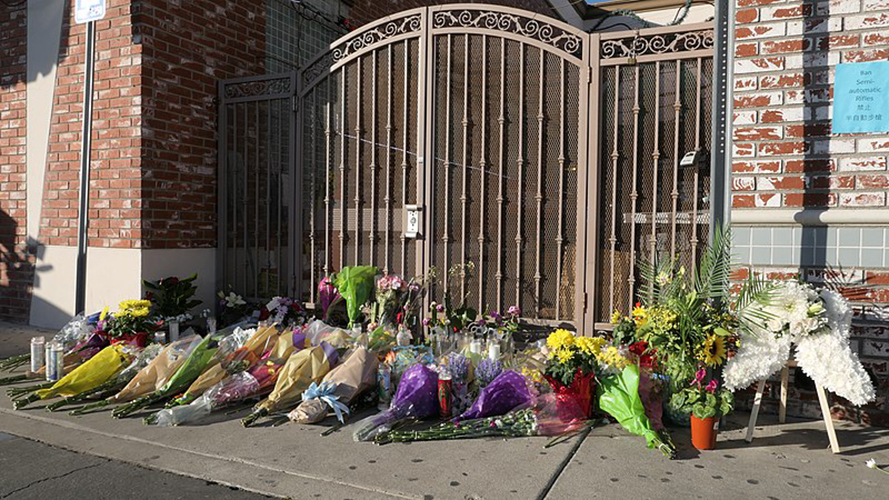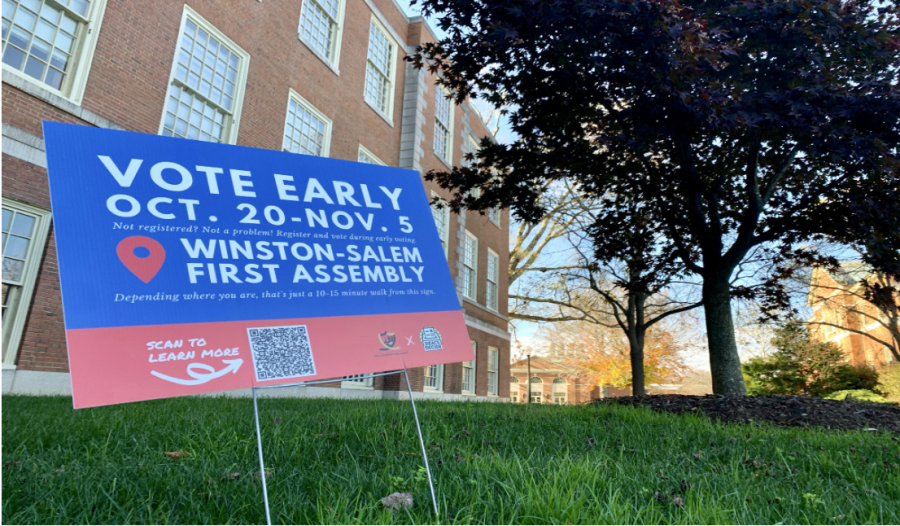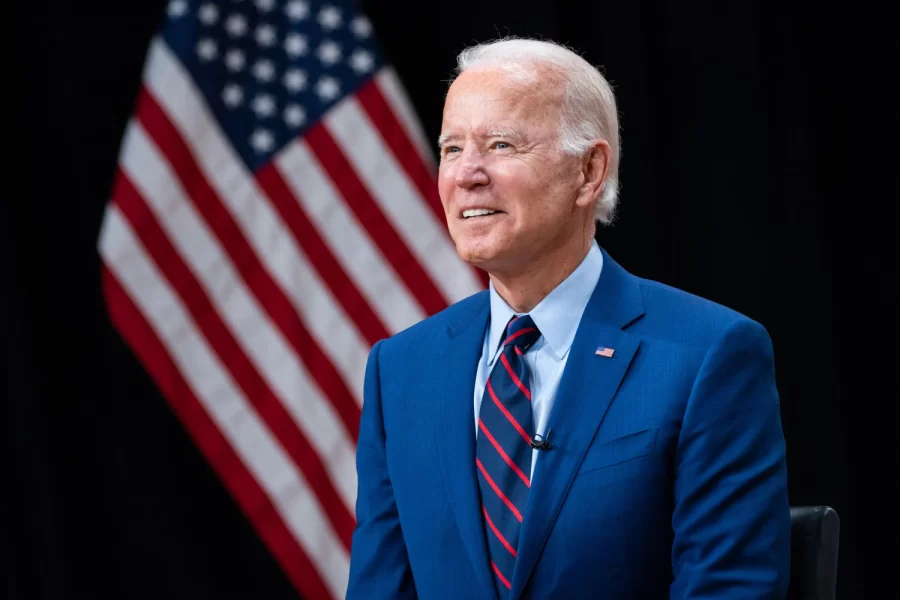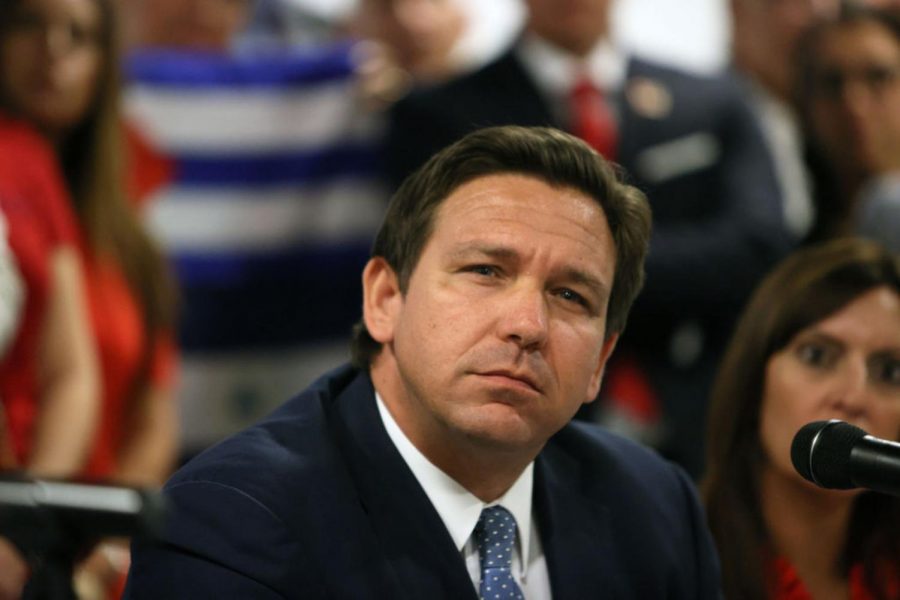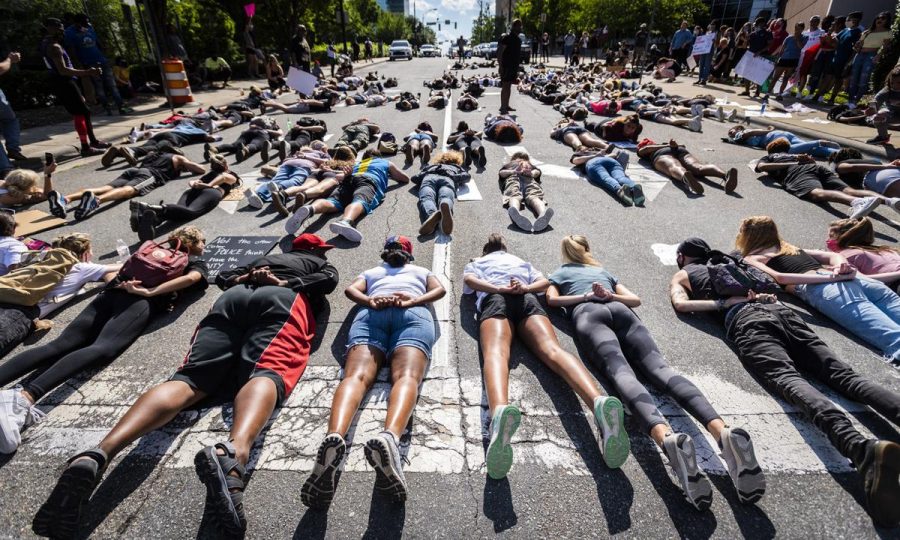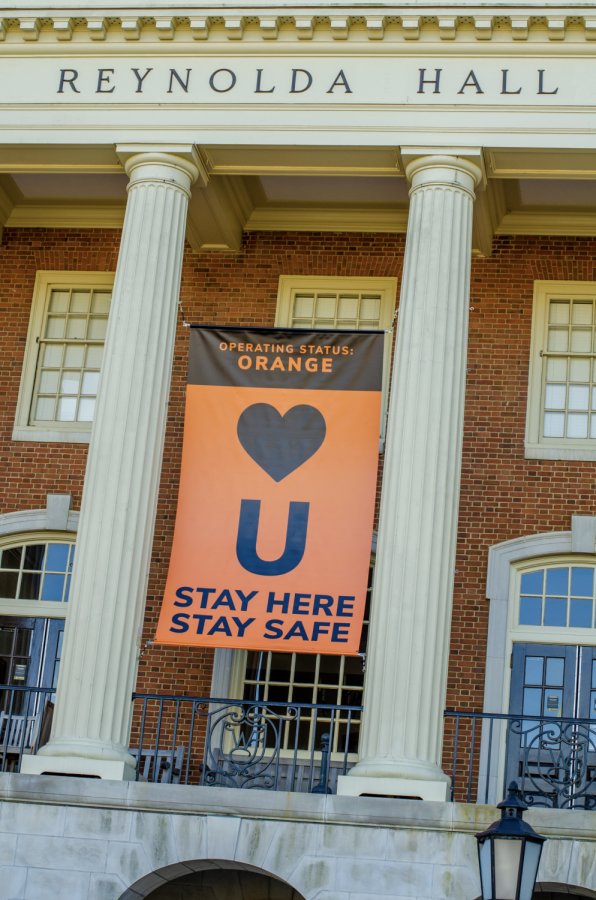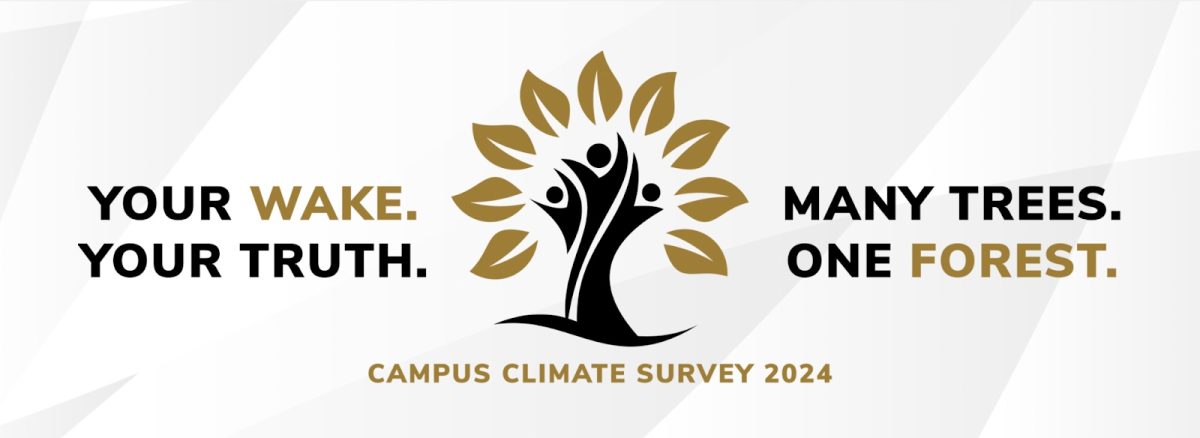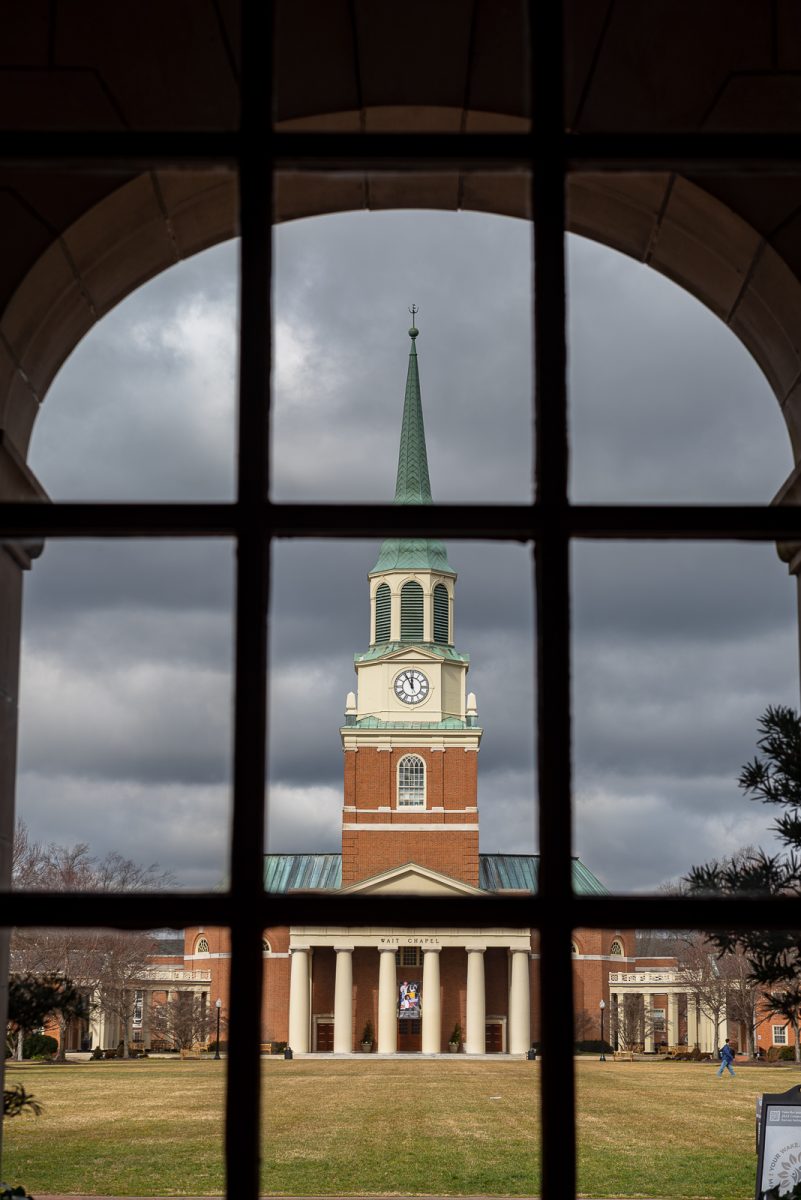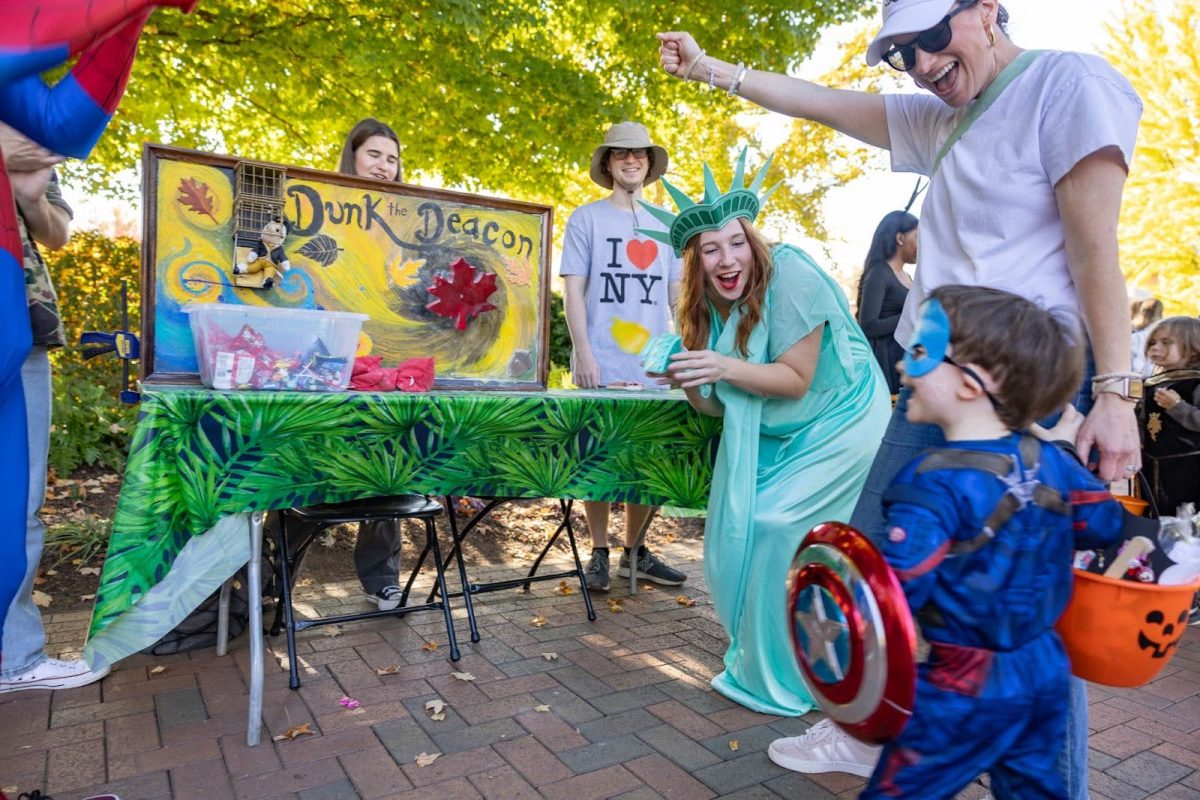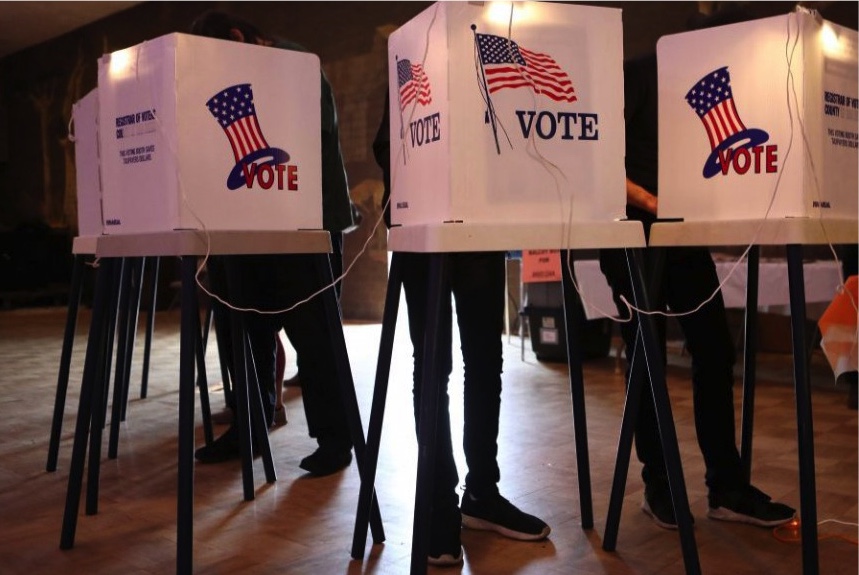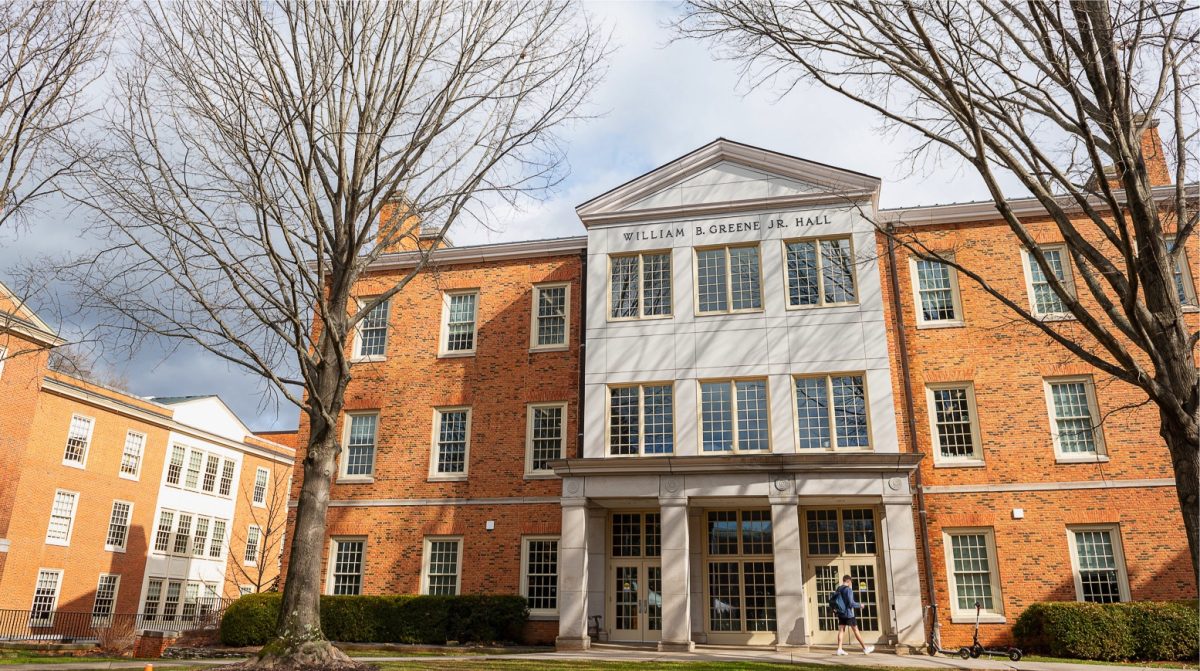In the aftermath of 19 campus shootings since the start of 2018, students at Wake Forest and around the country are gathering together to voice their opinions on how to prevent gun violence.
The week of Feb. 25, two events were held on campus to discuss gun violence. One was a planning meeting on Feb. 27 for the Winston-Salem March for Our Lives. The other was a reading discussion hosted by the Wake Forest Young Democratic Socialists of America (YDSA) on March 1. Additionally, the first college chapter of The Brady Campaign started at Wake Forest this semester.
“This school keeps everyone busy and that discourages people from getting as involved in politics and activism as much as they may want to,” said Rance Orrell, the sophomore vice president of YDSA. “Generally speaking, students at Wake and across the country want to see an end to gun violence, it’s just a matter of actually showing up and demanding change.”
On Feb. 14, Nikolas Cruz, 19, killed 17 people and injured others with an AR-15 assault rifle at Stoneman Douglas High School in Parkland, FL. Many survivors refuse to be just another statistic: the 17th campus shooting in 2018. Their activism in the weeks since the shooting has re-sparked the contentious gun debate nationally. No legislation has been passed, but many politicians and private companies, including WalMart and Dick’s Sporting Goods, have publicly changed positions on the policies these students are protesting.
This statistic is one that the Wake Forest community is also familiar with, as the killing of Najee Ali Baker on campus Jan. 20 marked the sixth campus shooting in 2018. However, the Parkland shooting sparked a larger conversation about gun violence at Wake Forest.
About 10 Wake Forest students came to the March for Our Lives meeting Tuesday, which will happen in conjunction with other gun violence prevention marches around the country on Saturday, March 24. Although a small number, they came with a strong voice.
“Whenever there’s an opportunity to be a part of the planning stages of a movement organizing, I like to be a part of it because I don’t really see it often,” Ja’el Knott, a senior from Morrisville, NC who attended the meeting Tuesday and the YDSA discussion Thursday, said.
President Hatch published the university’s position on activism in a statement directed at prospective students who wish to participate walkouts on Feb. 24.
“We applaud your courage and dedication in trying to seek a civil dialogue aimed at bringing a reasonable solution to one of our nation’s most divisive issues,” Hatch said.
Wake Forest is home to students from all different backgrounds, so varying student experiences and opinions surrounding the gun debate are prevalent.
Kiya Khalil, this past year’s speaker of the House for Wake Forest Student Government, grew up hunting with her family. She got her concealed carry license this past weekend for protection and professional reasons.
“I just kept thinking, if I’m going to be in a situation where I could protect not only myself, but others, then let’s do this if it’s going to be a continued trend, especially since having 18 [shootings] in the past two months,” Khalil said.
Junior Anna Quinn has experienced this variation a lot while working to implement a chapter of the The Brady Campaign, a national gun violence prevention campaign, on campus. Since the Parkland shooting, she has seen an uptick in membership interest, citing 15 friends who contacted her to join that day.
“A few of my friends that have more conservative views and have owned guns their entire lives agree there need to be more sensible gun laws, so they’ve joined the campaign and I really like having that more diverse outlook on it,” Quinn said. “But there are others who say, ‘No, it’s just the people,’ and don’t understand [that] the reason these people have access [to guns] is because of policy issues.”
The spectrum of views about gun violence prevention on campus is representative of the lack of consensus apparent nationally on the issue.
“I grew up around guns, but over the past few years I’ve come to realize how many preventable deaths have come from the barrels of guns in this country,” Orrell said. “The [planning] meeting made it clear that we have a lot of organizing to do in a very short time but that there’s also a lot of energy being directed at this issue, particularly from young people.”



